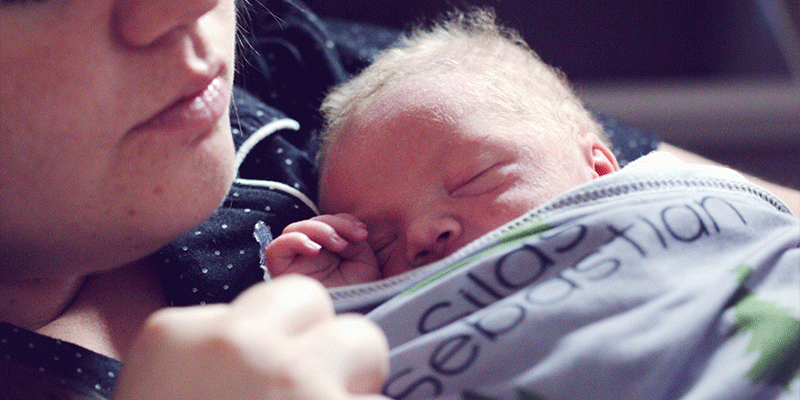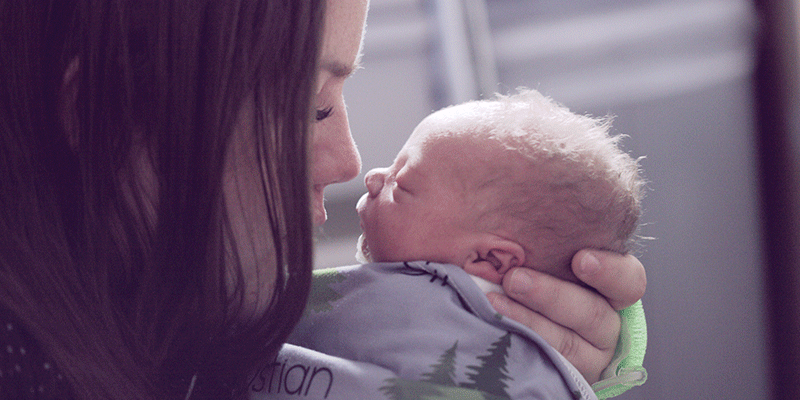
Jaundice
Many normal, healthy newborns have a yellowish tinge to their skin, which is known as jaundice. It is caused by a buildup of a chemical called bilirubin in the child’s blood. This occurs most often when the immature liver has not yet begun to efficiently do its job of removing bilirubin from the bloodstream (bilirubin is formed from the body’s normal breakdown of red blood cells). While babies often have a mild case of jaundice, which is harmless, it can become a serious condition when bilirubin reaches what the pediatrician considers to be a very high level. Although jaundice is quite treatable, if the bilirubin level is very high and is not treated effectively, it can even lead to nervous system or brain damage in some cases, which is why the condition must be checked for and appropriately treated. Jaundice tends to be more common in newborns who are breastfeeding, most often in those who are not nursing well; breastfeeding mothers should nurse at least eight to twelve times per day, which will help produce enough milk and help keep bilirubin levels low.
Jaundice appears first on the face, then on the chest and abdomen, and finally on the arms and legs in some instances. The whites of the eyes may also be yellow. The pediatrician will examine the baby for jaundice, and if she suspects that it may be present—based not only on the amount of yellow in the skin, but also on the baby’s age and other factors—she may order a skin or blood test to definitively diagnose the condition. If jaundice develops before the baby is twenty-four hours old, a bilirubin test is always needed to make an accurate diagnosis. At three to five days old, newborns should be checked by a doctor or nurse, since this is the time when the bilirubin level is highest; for that reason, if an infant is discharged before he is seventy-two hours old, he should be seen by the pediatrician within two days of that discharge. Some newborns need to be seen even sooner, including:
- Those with a high bilirubin level before leaving the hospital
- Those born early (more than two weeks before the due date)
- Those whose jaundice is present in the first twenty-four hours after birth
- Those who are not breastfeeding well
- Those with considerable bruising and bleeding under the scalp, associated with labor and
Lethargy and Sleepiness
Every newborn spends most of his time sleeping. As long as he wakes up every few hours, eats well, seems content, and is alert part of the day, it’s perfectly normal for him to sleep the rest of the time. But if he’s rarely alert, does not wake up on his own for feedings, or seems too tired or uninterested to eat, you should consult your pediatrician. This lethargy—especially if it’s a sudden change in his usual pattern—may be a symptom of a serious illness.
Last Updated 8/1/2009
Source Caring for Your Baby and Young Child: Birth to Age 5 (Copyright © 2009 American Academy of Pediatrics)
The information contained on this Web site should not be used as a substitute for the medical care and advice of your pediatrician. There may be variations in treatment that your pediatrician may recommend based on individual facts and circumstances.






